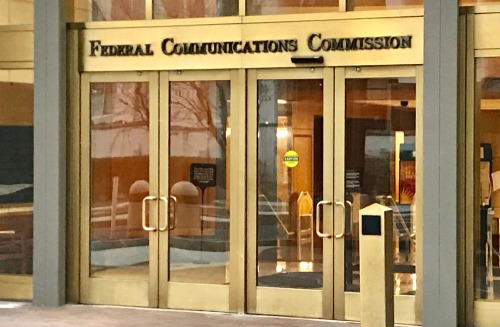
In a bid to update federal spectrum and communications network policy, restore the auction authority of the Federal Communications Commission (FCC) and push technological investments, U.S. Sen. Maria Cantwell (D-WA) recently introduced the Spectrum and National Security Act.
Pitching the bill as a force positive for national security, Cantwell suggested the legislation would keep millions of consumers connected. It would do so through a balanced process meant to maximize government spectrum usage and promote interagency spectrum cooperation, from military operations to emergency preparedness alerts. It also proposed growth to the spectrum pipeline itself, by directing the National Telecommunications and Information Administration (NTIA) and spectrum-using federal agencies to conduct feasibility assessments in the hunt for unused bands and maximized availability.
“By modernizing federal spectrum strategy and restoring auction authority, we can promote innovation, boost U.S. competitiveness, and complete the ‘rip and replace’ necessary to strengthen our national security,” Cantwell said. “Importantly, this proposal will also allow us to make important investments, such as $500 million to educate, train, and expand our future telecommunications workforce.”
Related investments would target several areas: new wireless technology, workforce training programs, tech hubs, next gen 911 and rural providers. Some $25 million would go for research and development of advanced spectrum technologies by the NTIA and Department of Defense (DoD), $500 million in grants for education and job training programs at various universities and colleges, $2 billion for the Department of Commerce’s Regional Tech Hubs program and more.
On top of this, the bill would restore the FCC commercial auction authority from last year’s lapse, and subsequently extend its authority through Sept. 30, 2029. That collapsed ability has left the FCC unable to auction commercial spectrum for over a year, blocking funding for critical technology research and development efforts.
“In particular, we welcome the bill’s thoughtful approach to the study of new bands that can enable commercial use through greater reliance on the development, design and implementation of coexistence technologies that support licensed and unlicensed services,” the Internet & Television Association said in a statement. “The current use and continuing evolution of technology enabling such sharing is not only beneficial to consumers, but increasingly will be required, to ‘expand the pie’ of available frequencies and meet future commercial and non-commercial needs. In addition to supporting this future spectrum work, we similarly appreciate action in the bill to extend the FCC’s lapsed auction authority, to help low-income families access broadband, and to honor prior commitments supporting the removal of communications equipment recognized as posing a security risk.”
In addition to the NCTA, the bill was backed by organizations including the Competitive Carriers Association, Spectrum for the Future, WifiForward and NATE: The Communications Infrastructure Contractors Association.




